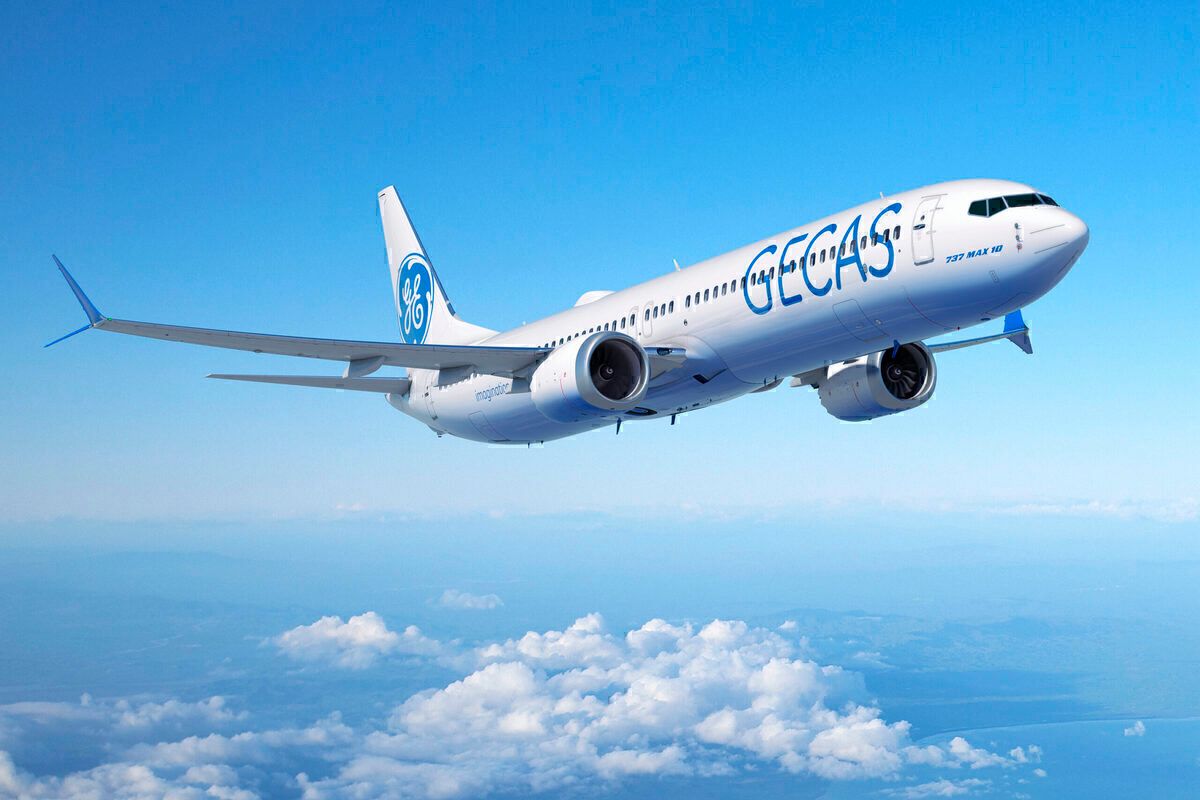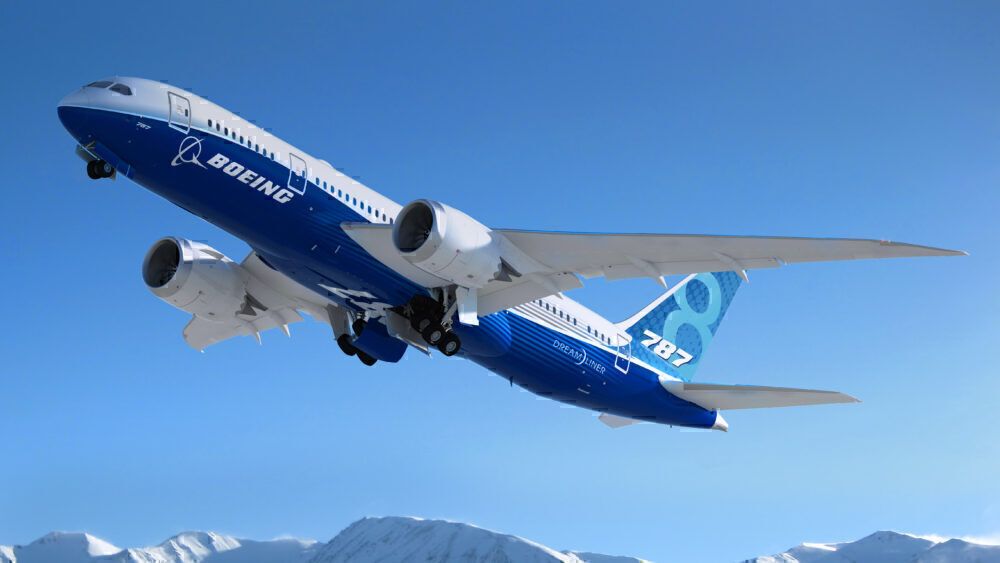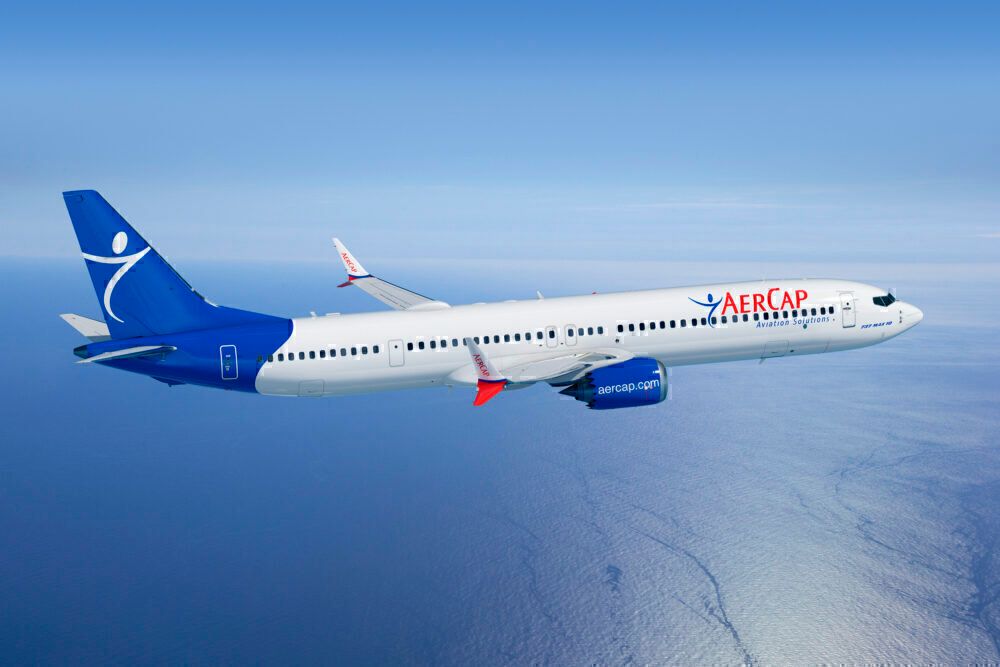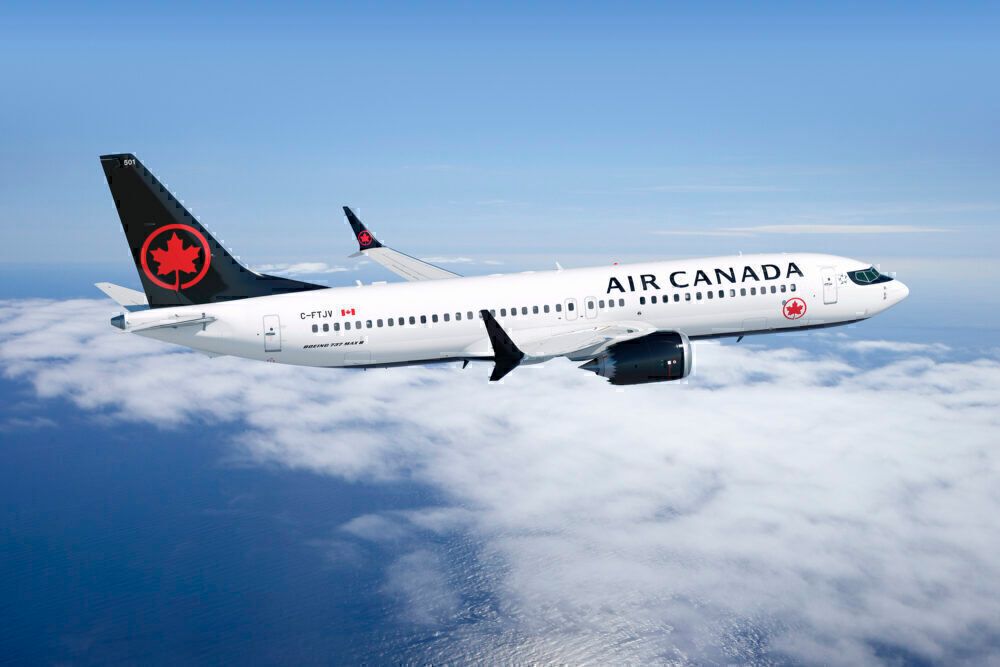Ordering new aircraft is a big step for any airline, requiring research, demand, and most importantly, finances. Due to the last point, many airlines opt to lease their aircraft from a lessor rather than buy them outright. So why do airlines do this?
Planes are expensive
The primary reason why airlines opt to lease aircraft is due to the lower overall cost. For example, a new Airbus A320neo would cost airlines around $110 million, while the larger Boeing 787 would cost around $250 million. Considering airlines usually need dozens of aircraft to grow their operations, orders can cost billions of dollars.
Most airlines usually don't have, or would rather not spend, this much money on just one order. So instead, airlines opt to lease their aircraft from an aircraft lessor. In essence, lessors purchase planes from manufacturers like Airbus and Boeing and lease them to airlines for a monthly rental over a fixed period.
Returning to our price examples, dry leasing a 787 would cost an airline between $800,000 to $1.25 million a month, according to 24/7 Wall St., much lower than the purchase price. Meanwhile, the popular A320neo would cost an airline $370,000 a month to lease, according to Aircraft Value News; a more manageable cost.
Stay informed: Sign up for our daily aviation news digest.
A younger, newer fleet
While the monthly price for a modern aircraft is not low, it does pose a far smaller capital commitment than buying the planes outright, especially for new airlines or those looking to grow drastically. However, this isn't the only benefit of leasing planes over buying them.
Another benefit is that airlines can keep their fleet young and lease newer aircraft more frequently. Since leases are for a fixed term, airlines are free to return them to the lessor at the stated period and take on a newer plane instead.
Leasing also allows for quicker acquisition of aircraft for airlines. Both Boeing and Airbus have a backlog of thousands of planes to clear before they can deliver any new orders, leaving airlines struggling to find more planes.
However, lessors routinely order hundreds of planes from manufacturers in advance and can always offer airlines second-hand planes from their fleet. This makes them key to airlines looking to rapidly acquire planes and grow their operations.
So why buy planes?
It seems that leasing aircraft has no downsides, allowing airlines to pay lesser at a time and operate a young fleet. Despite this, airlines globally continue to purchase planes on their own and pay billions every year. There are a few strong reasons to do this.
The first one is that it could work out to be cheaper for airlines. If an airline plans to use its planes for decades to come (as many airlines do), buying the plane gives them a lot more flexibility and allows them to sell the aircraft in the future for increased capital. Moreover, airlines receive big discounts (over 50-70% in some cases) on list prices when buying from manufacturers.
Secondly, owning an aircraft increases the airline's assets and fixed capital. During a crisis, like the one in 2020, airlines can use their planes as collateral for a loan. This can be critical for an airline in crisis, since lessors usually repossess their planes if leases aren't paid.
Clearly, there are many compelling reasons for airlines to lease their planes rather than buy them. As aviation slowly rises from its current crisis, it will be interesting to see if airlines opt to purchase planes in the future or lower costs and lease them instead.
What do you think airlines will do in the future? Let us know in the comments!




